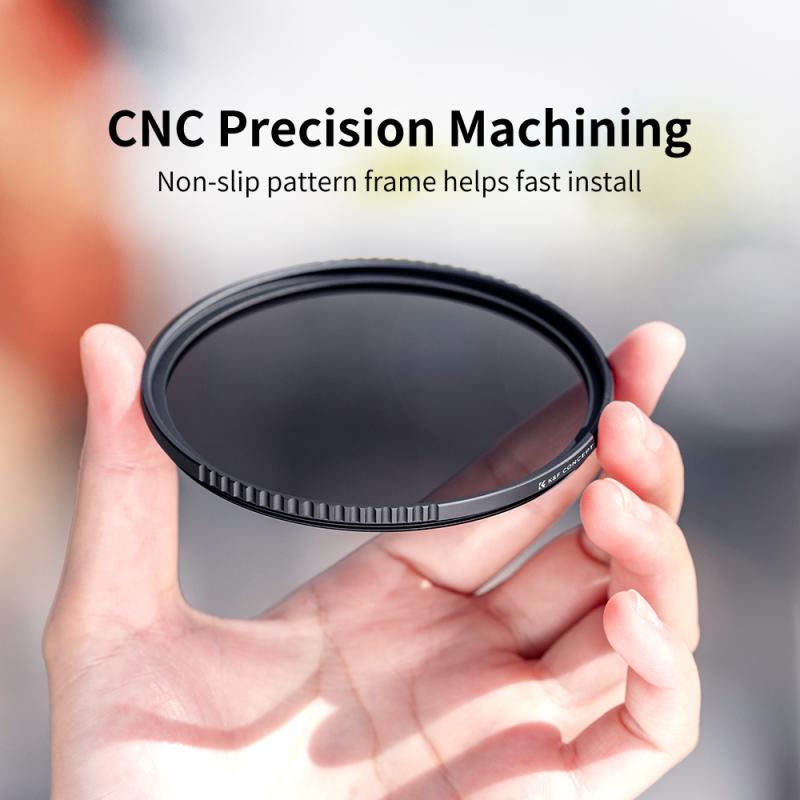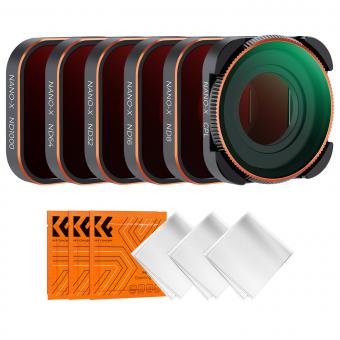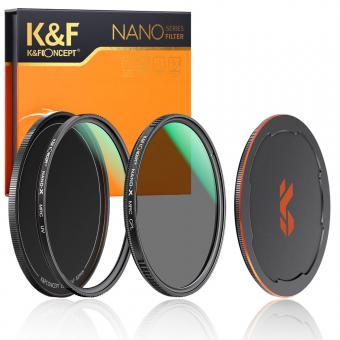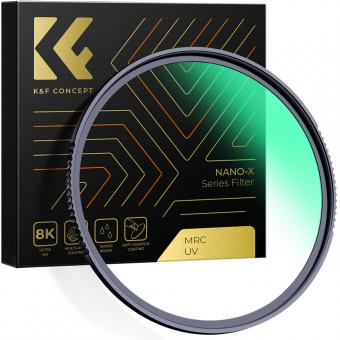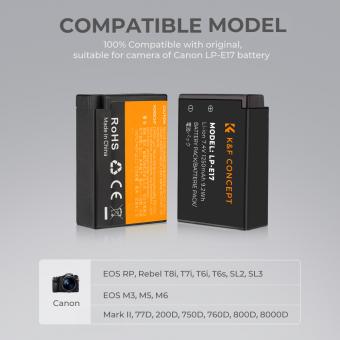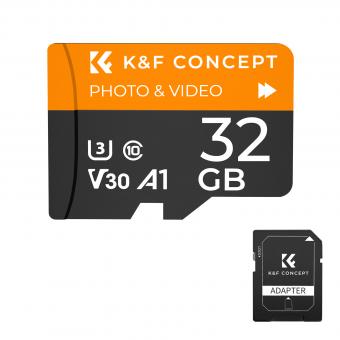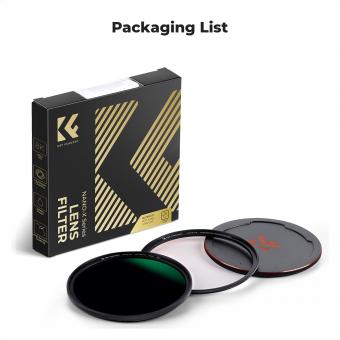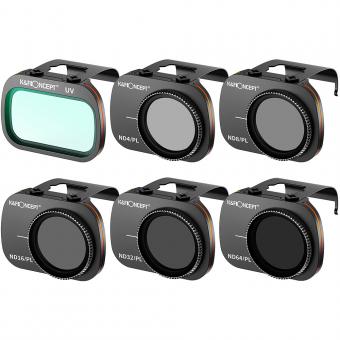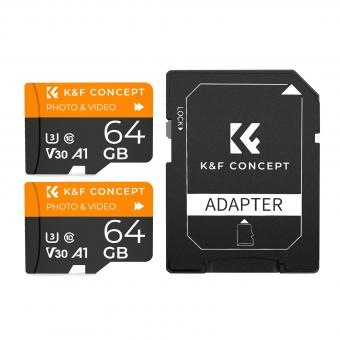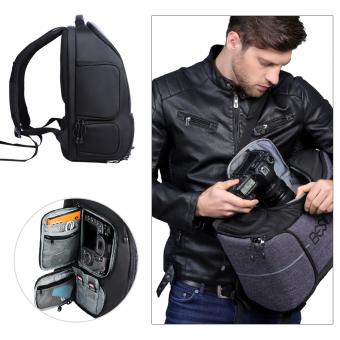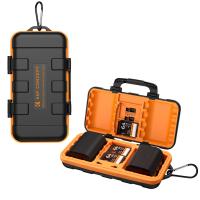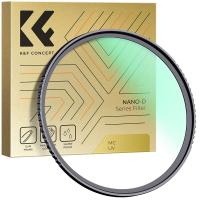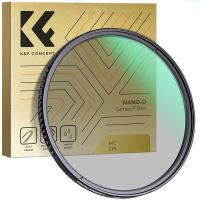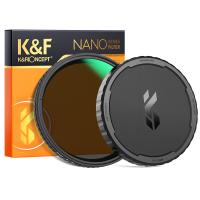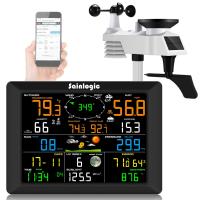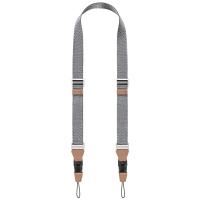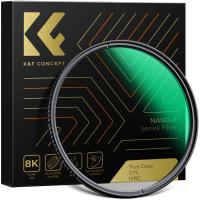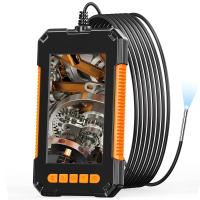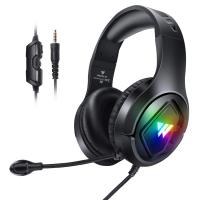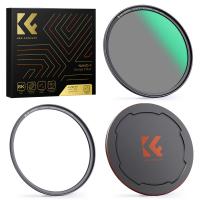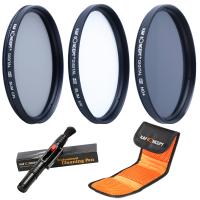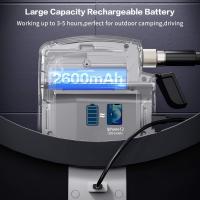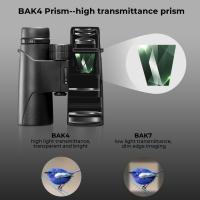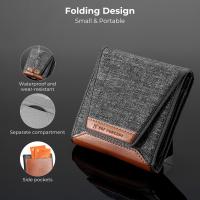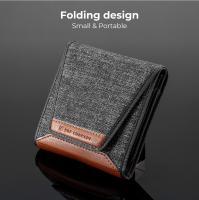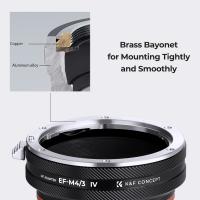What Is The Best Uv Filter For Camera ?
The best UV filter for a camera depends on the specific camera and lens being used. It is important to choose a high-quality filter that is compatible with the lens and does not degrade image quality. Some popular brands for UV filters include B+W, Hoya, and Tiffen. It is also important to consider the coating on the filter, as multi-coated filters can reduce reflections and improve image quality. Ultimately, the best UV filter for a camera will depend on the individual photographer's needs and preferences.
1、 UV filter basics and benefits
A UV filter is a transparent filter that is placed in front of the camera lens to block ultraviolet rays. These rays can cause hazy and blurry images, especially in outdoor photography. UV filters are also useful in protecting the camera lens from scratches, dust, and other debris.
The benefits of using a UV filter include:
1. Improved image quality: By blocking UV rays, a UV filter can improve the clarity and sharpness of your images, especially in bright sunlight.
2. Protection for your lens: A UV filter can act as a barrier between your lens and the elements, protecting it from scratches, dust, and other debris.
3. Cost-effective: A UV filter is a relatively inexpensive way to protect your lens, compared to the cost of repairing or replacing a damaged lens.
4. Versatility: A UV filter can be used in a variety of lighting conditions, making it a versatile accessory for your camera.
When choosing a UV filter for your camera, it is important to consider the quality of the filter. A high-quality filter will not degrade the image quality of your photos and will provide better protection for your lens. Some popular brands of UV filters include B+W, Hoya, and Tiffen.
In recent years, there has been some debate about the necessity of using a UV filter, as many modern camera lenses are already coated to block UV rays. However, many photographers still choose to use a UV filter for the added protection it provides to their lens. Ultimately, the decision to use a UV filter is a personal one, based on your individual needs and preferences.
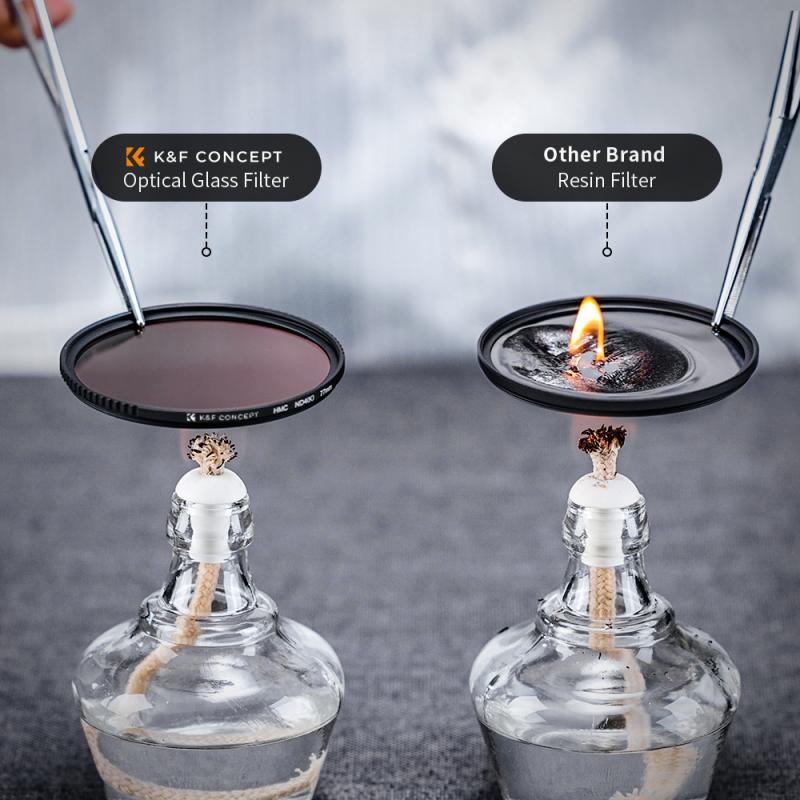
2、 Types of UV filters for cameras
1. Standard UV filters: These filters are designed to block UV light and protect the camera lens from scratches, dust, and other debris. They are the most common type of UV filter and are available in various sizes and brands.
2. Multi-coated UV filters: These filters have multiple layers of coating that reduce glare and reflections, resulting in sharper and clearer images. They are more expensive than standard UV filters but offer better image quality.
3. Slim UV filters: These filters are thinner than standard UV filters and are designed for use with wide-angle lenses. They reduce the risk of vignetting, which is when the corners of an image appear darker than the center.
4. UV/IR cut filters: These filters block both UV and infrared light, which can cause color shifts and other image distortions. They are commonly used in digital cameras to improve color accuracy.
5. Variable ND/UV filters: These filters combine a UV filter with a variable neutral density filter, allowing photographers to adjust the amount of light entering the camera without changing the color balance.
The best UV filter for a camera depends on the photographer's needs and preferences. Some photographers prefer standard UV filters for their affordability and simplicity, while others prefer multi-coated filters for their superior image quality. It is important to choose a high-quality filter from a reputable brand to ensure that it effectively blocks UV light and does not degrade image quality.
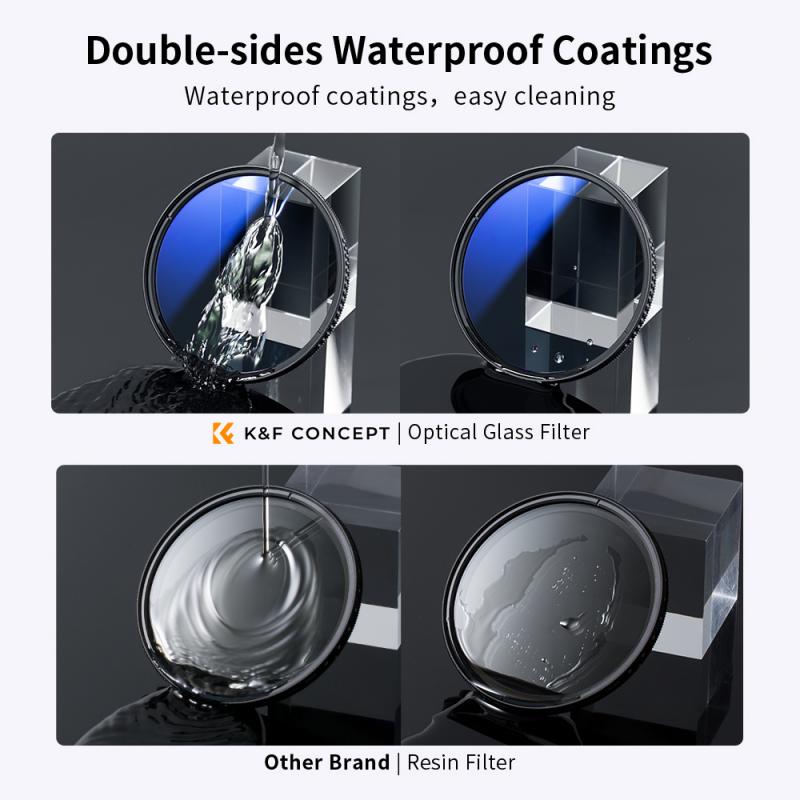
3、 Top UV filters for camera lenses
1. B+W UV Haze MRC: This filter is made with high-quality glass and multi-resistant coating that reduces reflections and ghosting. It also protects the lens from scratches and dust.
2. Hoya UV Pro1 Digital: This filter is designed to reduce the effects of UV light and protect the lens from scratches and dust. It also has a slim profile that reduces vignetting.
3. Tiffen UV Protection Filter: This filter is made with high-quality glass and absorbs UV light without affecting the color balance of the image. It also protects the lens from scratches and dust.
4. Kenko UV Filter: This filter is made with high-quality glass and has a slim profile that reduces vignetting. It also absorbs UV light without affecting the color balance of the image.
5. Zeiss T* UV Filter: This filter is made with high-quality glass and has a multi-coating that reduces reflections and ghosting. It also protects the lens from scratches and dust.
When choosing a UV filter for your camera lens, it is important to consider the quality of the glass and the coating, as well as the profile of the filter to avoid vignetting. It is also important to choose a filter that does not affect the color balance of the image. Some photographers argue that UV filters are not necessary for digital cameras as they already have a built-in UV filter, but others still prefer to use them for added protection. Ultimately, the choice of whether or not to use a UV filter is up to the photographer's personal preference.
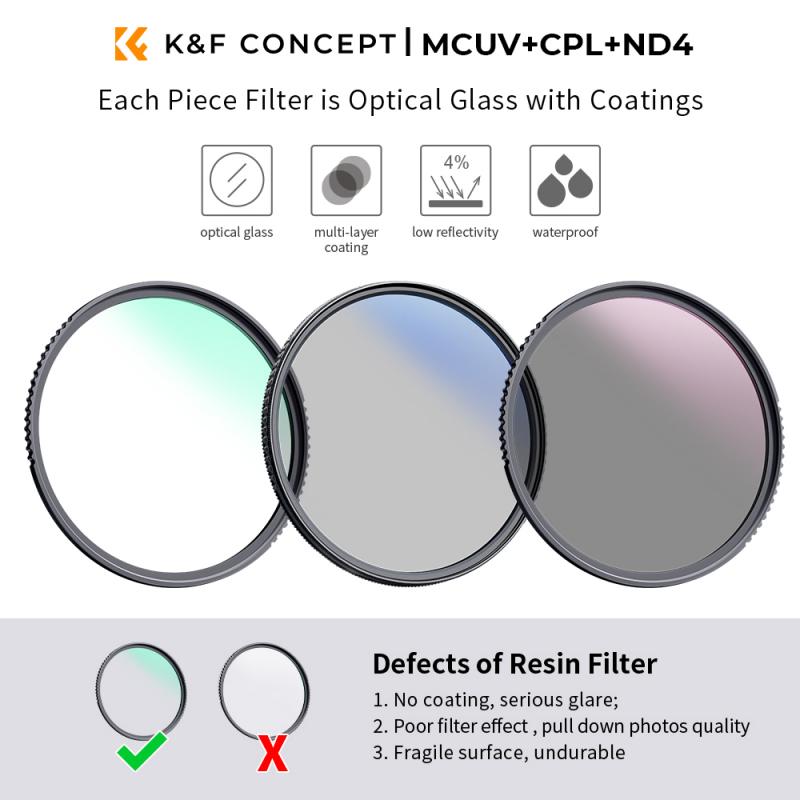
4、 How to choose the right UV filter for your camera
How to choose the right UV filter for your camera is a common question among photographers. A UV filter is a transparent filter that blocks ultraviolet rays from entering the camera lens. It is used to protect the lens from scratches, dust, and other elements that can damage it. When choosing a UV filter, there are a few things to consider.
First, consider the size of your lens. UV filters come in different sizes, so make sure you choose one that fits your lens. Second, consider the quality of the filter. A high-quality filter will not affect the image quality and will provide better protection for your lens. Third, consider the price. UV filters can range from a few dollars to hundreds of dollars, so choose one that fits your budget.
The latest point of view is that some photographers argue that UV filters are not necessary for digital cameras because they already have a built-in UV filter. However, others argue that a UV filter can still provide additional protection for the lens and improve image quality by reducing haze and increasing contrast.
In conclusion, when choosing a UV filter for your camera, consider the size, quality, and price. While some photographers may argue that UV filters are not necessary for digital cameras, others still find them useful for protecting their lenses and improving image quality.
